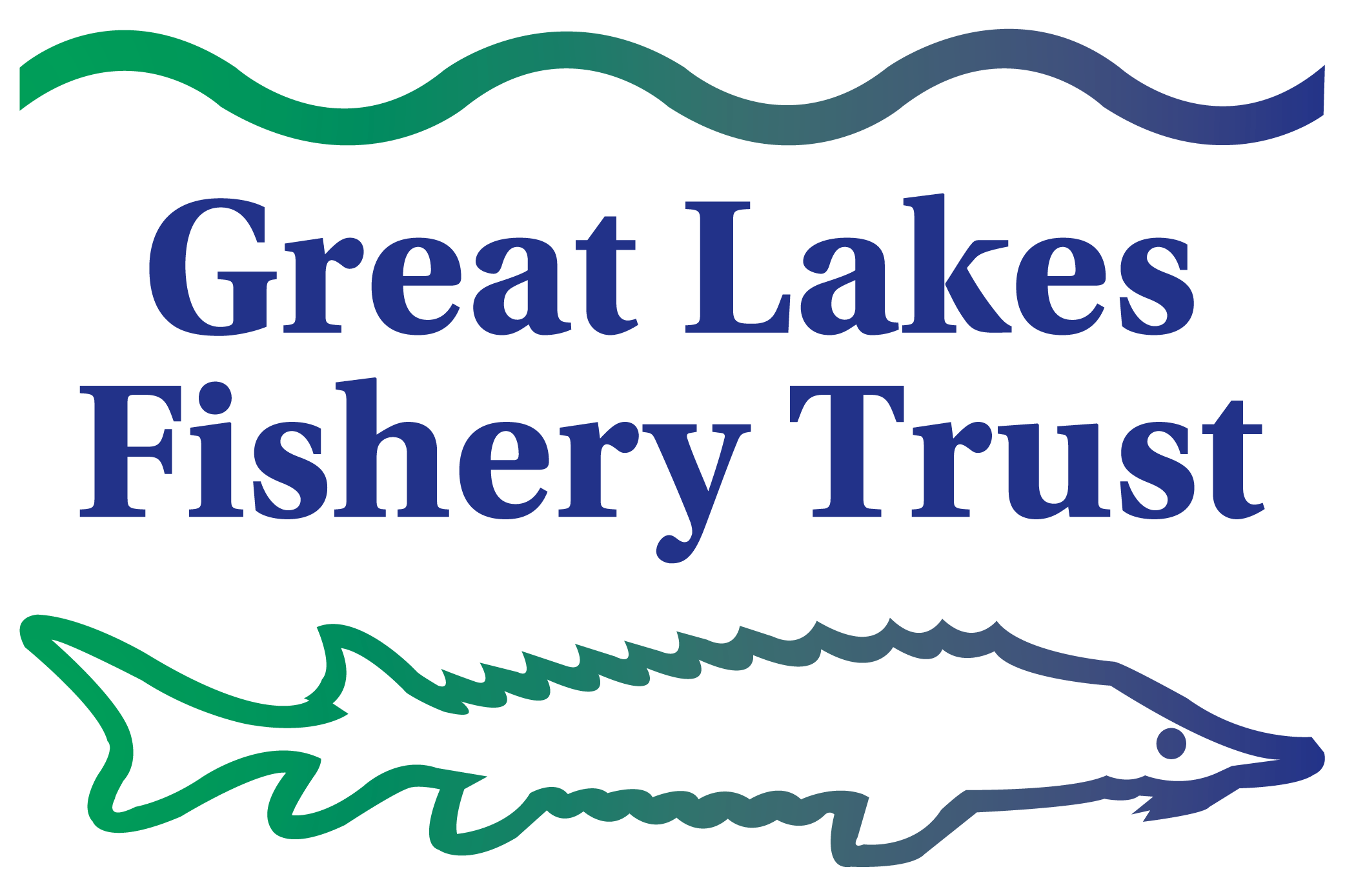News
A summary of the recently approved projects for funding addressing ecological, biological, and human dimensions research and more.
Grant Programs, News
This webinar will provide assistance to prospective applicants for the Access to the Great Lakes Fishery grant program.
News
A summary of the four GLFT proposals approved for funding through the 2024 Habitat Protection and Restoration program.
Research Notes
This edition of Research Notes highlights research on the pathogens causing infections in adult and juvenile lake whitefish, and the fish’s susceptibility to some diseases in laboratory settings.
Research Notes
This edition of Research Notes highlights genomic techniques used to improve understanding of the population structure in lake whitefish, while at the same time providing the basis for a more cost-effective genotyping tool.
Grant Programs, News
The Great Lakes Fishery Trust (GLFT) is now accepting proposals under its Great Lakes Habitat Protection and Restoration program.
Grant Programs, News
This webinar will provide assistance to Great Lakes Fishery Trust grant applicants or potential applicants under the Habitat Protection and Restoration request for proposals.
Grant Programs, News
The Great Lakes Fishery Trust (GLFT) is now accepting Ecological and Biological Research to Inform Management preliminary proposals.
Grant Programs, News
The Great Lakes Fishery Trust (GLFT) is now accepting Ecological and Biological Research to Inform Management preliminary proposals.
Research Notes
This edition of Research Notes highlights research on juvenile lake sturgeon imprinting on odors to return to their natal streams.
News
The GLFT recently approved eleven proposals totaling $1.48 million that will impact communities in the Lake Michigan basin and beyond.
Research Notes
This edition of Research Notes highlights the research contributions by Dr. Brian Roth and team on the diets of predatory fish that were supported by GLFT.
News
The GLFT Approves over $500,000 in grants that will support educational opportunities for Great Lakes students and teachers. Learn more.
Research Notes
Fishery managers in the Lake Michigan basin have new information about the journeys and survival of wild and hatchery-raised steelhead salmon (Oncorhynchus mykiss). Managing the fish effectively requires understanding the proportion of fish coming from hatcheries or the wild, generally, and from which hatchery and which river tributary, specifically.
News
Nearly four years in the making, a new fishing access is finally coming to fruition. In 2018, the City of Cheboygan reached out to Tip of the Mitt Watershed Council, looking for assistance in improving Major City Park. Erosion along the Cheboygan River was something we could tackle; fishing platforms turned out to be the answer, as they keep foot traffic to a minimum and preserve river banks.
Research Notes
Fishery managers in the Lake Michigan basin have new information about the journeys and survival of wild and hatchery-raised steelhead salmon (Oncorhynchus mykiss). Managing the fish effectively requires understanding the proportion of fish coming from hatcheries or the wild, generally, and from which hatchery and which river tributary, specifically.
Research Notes
For over a decade, the Great Lakes Fishery Trust has supported Lake Superior State University’s (LSSU’s) vision to expand its capacity of its former Aquatic Research Lab by constructing a new facility at the nexus of the upper Great Lakes.
News
Nearly four years in the making, a new fishing access is finally coming to fruition. In 2018, the City of Cheboygan reached out to Tip of the Mitt Watershed Council, looking for assistance in improving Major City Park. Erosion along the Cheboygan River was something we could tackle; fishing platforms turned out to be the answer, as they keep foot traffic to a minimum and preserve river banks.
News
The Boardman-Ottaway: A River Reborn is the largest comprehensive dam removal effort in Michigan’s history and one of the most significant in the Great Lakes Basin. The overall project involved removing three dams (Brown Bridge, Boardman and Sabin) on the Boardman River, originally known as the Ottaway by the Ojibwa and Odawa Native Americans.
Grant Programs, News
The Great Lakes Fishery Trust (GLFT) is now accepting proposals under its Habitat Protection and Restoration grant program. This request for proposals (RFP) will be used for the disbursement of up to $500,000 in grants in 2022.
News
A new project using a sophisticated system of receivers across Saginaw Bay and Lake Huron will help guide researchers in their efforts to return state-threatened lake sturgeon to the Saginaw Bay system. Some of the funding that made this project possible came from the GLFT.
Grant Programs, News
GLFT is now accepting Ecological and Biological Research to Inform Management preliminary proposals. This request for proposals process will be used for the disbursement of up to $1.3 million in grants.
News
Improved functionality and content is waiting for you at GLFT.org. The site will continue to provide the same information and functionality it always has for grantees and applicants, now with improved navigation and clearer information
News
Conservation organization Huron Pines has completed the fourth in a series of road/stream crossing restoration projects reconnecting vital coldwater habitat on two tributaries of the Thunder Bay River. Some of the funding that made this project possible came from the GLFT.
Research Notes
A critical knowledge gap in efforts to conserve and restore cisco has been cisco taxonomy. New research using genomic tools to clarify cisco population structure and taxonomy is yielding exciting information that challenges the current understanding of the Great Lakes cisco family tree.
Research Notes
Lake whitefish numbers are declining substantially in the Great Lakes, concerning those who highly value the species. Learn about recent research contributions on lake whitefish supported by the GLFT.
News
The GLFT is pleased to announce Jon Beard as the new trust manager. Mark Coscarelli has retired after more than 20 years of success and dedication to the ecological health of the Great Lakes and sustainability of its fish populations.
Grant Programs
GLFT is now accepting proposals under its Habitat Protection and Restoration grant program. This request for proposals will be used for the disbursement of up to $500,000 in grants in 2021.
Research Notes
For years, the Chinook collected valuable data on the Great Lakes fishery, such as the impact of sea lampreys and the effectiveness of stocking programs. Its replacement, named after Dr. Howard Tanner, was funded in part by a grant from the GLFT.
Research Notes
Thanks to a recent GLFT project, fisheries managers now have two computer models, developed by a team of researchers who wondered if they could find a better way to determine relative recruitments of spawning populations in a mixed environment.
Research Notes
In order to understand Thiamine Deficiency Complex—which contributes to premature death in lake trout—researchers looked into whether certain fish genes produce thiaminase de novo, or at a cellular level.
Research Notes
A team of researchers hypothesized that river plumes would provide an excellent place for larval yellow perch, round gobies, and alewives to grow. Learn how they tested their hypotheses.
Research Notes
In 2014, the GLFT convened an aquatic connectivity workshop to identify the types of decision-support tools that resource managers and regulators need and would use to guide decisions on where to improve fish passage or remove dams in the Great Lakes basin.
Research Notes
The GLFT funded a research project to (1) better understand the state’s more naturalized Chinook salmon population, (2) assess potential differences between naturalized and hatchery-stocked fish, and (3) use the results to inform decisions about cultivating self-sustaining stocks of desirable introduced species.
Research Notes
The Stream Fish Population Trend Viewer was developed to serve as a simple, centralized location for users to get up-to-date information on regional and local fish trends. The map-based displays were designed to be interactive, allowing users to pick the fish species they want to view, instead of going through biologists at the MDNR Fisheries Division.
Research Notes
Dr. Riseng worked with a team to develop the Great Lakes Aquatic Habitat Framework, a database used to classify habitats for different species within the Great Lakes basin. It is currently in its last year, with plans to maintain the database going forward.

